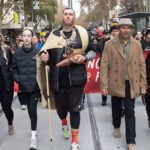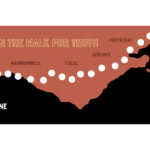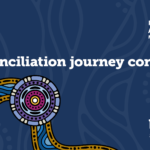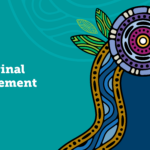- Aboriginal Health – fact sheet – MBS table
- Aboriginal Health – fact sheet – MBS and CDM Initiatives table
- Aboriginal Health – fact sheet – MBS item 715 (DoH)
- Aboriginal Health – fact sheet – MBS item 10987 (DoH)
- Aboriginal Health – fact sheet – MBS items 81300-81360 (DoH)
- Aboriginal Health – fact sheet – PIP table
- Aboriginal Health – fact sheet – Working with the Stolen Generations: understanding trauma (Healing Foundation)
Aboriginal and Torres Strait Islander health resources
Aboriginal people have had a deep connection to this region for many thousands of years.
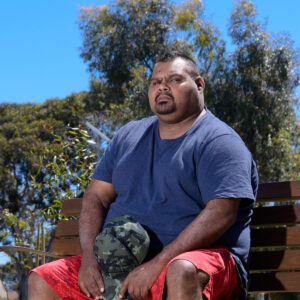
This connection is not a relic – it is vibrant and growing, as are the region’s Aboriginal and Torres Strait Islander communities. We cannot improve community health, in the fullest sense, without championing this connection.
We commission several programs to support Aboriginal and Torres Strait Islander people to better manage complex and chronic health needs, including those related to mental health and alcohol and drug use.
We work in partnership with Aboriginal and Community Controlled Health Organisations and general practices to improve health outcomes and access to culturally sensitive health care.
Below you will find links to download our Aboriginal and Torres Strait Islander health pack for better primary care, and links to our commissioned services.
Aboriginal and Torres Strait Islander Health toolkit (.zip, 15MB)
Resources in this pack are designed to help general practices and health care providers to deliver better, culturally safer care to Aboriginal and Torres Strait Islander people.
Download individual resources:
-
Fact sheets and guides
-
Flyers and posters
- Aboriginal Health – flyer – Integrated Team Care (consumer)
- Aboriginal Health – flyer – Integrated Team Care (provider)
- Aboriginal Health – postcard – PIP registration
- Aboriginal Health – poster – PIP provider
- Aboriginal Health – poster – Don’t be shy, identify!
- Aboriginal Health – poster – Healthcare Pathways
- Aboriginal Health – poster – Are you Aboriginal or Torres Strait Islander? (A3)
- Aboriginal Health – poster – Are you Aboriginal or Torres Strait Islander? (A4)
-
Forms
Please read this document before downloading Best Practice, Medical Director or ZedMed data forms below.
- Aboriginal Health – form – Integrated Team Care GP referral (Best Practice)
- Aboriginal Health – form – Integrated Team Care GP referral (Medical Director)
- Aboriginal Health – form – Integrated Team Care GP referral (ZedMed)
- Aboriginal Health – form – PIP Indigenous Health Incentive application
- Aboriginal Health – form – PIP Indigenous Health Incentive & PBS patient registration form
- Aboriginal Health – form – referral for follow-up allied health (DoH)

